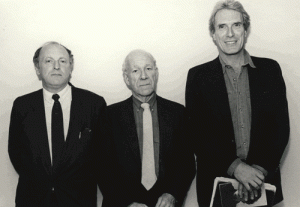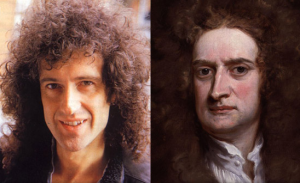
I like my progressive/arena/opera rock the way I like my education: Far-reaching in the realms of content and style, influenced by timeless masters of the past, and damn groovy. I write of the latter in reference to an integral part of the CC105 curriculum; that is, learning to bump to Professor Alan Marscher’s sweet, sweet tunes.
Another artist, however, which I have always considered a worthy listen is the band Queen. One of the finest and most legendary acts to emerge from the domain of 20th century British rock wizardry, Queen endures as a sound that is simultaneously accessible and complex. This sound owes its success to, most notably, the honest flamboyance of the late Freddie Mercury, and the talent and creative fire of lead guitarist Brian May. May’s solos and riffs complement Mercury’s marching staccatos in a special way that gives Queen its intoxicating signature layered sound.
And just to reiterate, May, now at age 66, is the one responsible for all the milky solos heard on your favorite Queen tracks. Take, for example, the aristocratic echoes on “Killer Queen”, or the warm wahs of “Good Old-Fashioned Lover Boy”–both were seamlessly weaved into grooviness by our English gentleman’s own nimble fingers.
But, in the style of the Core, May has also extended his energies across multiple intellectual dimensions. At the same time that the release of the “Queen II” LP in March 1974 began to pull Queen into the limelight, May had been in the process of pursuing his PhD in astrophysics at Imperial College London. Due to the new demands of his band, he abandoned his scientific studies–only to return to school to complete his doctoral studies more than 30 years later. In 2008, May graduated from Imperial College (the graduation ceremony was held in the Royal Albert Hall, at which, ironically, the original Queen lineup never played). Only a month after completing his doctorate, he was even appointed as Chancellor of Liverpool John Moores University.
May’s PhD thesis, A Survey of Radial Velocities in the Zodiacal Dust Cloud, is available for purchase on Amazon.com. If you would prefer a sample of his work that’s a little less dense, May also co-authored a book, Bang! The Complete History of the Universe, along with astrophysicists Patrick Moore and Chris Lintott. The book’s introduction reads:
So let us look back to the very start of the Universe – just after the Big Bang itself. It is tempting to picture the Universe suddenly bursting out in a vast ocean of space, but this is completely misleading. The true picture of the Big Bang is one in which space, matter and, crucially, time were born. Space did not appear out of ‘nothingness’; before the moment of creation there was no ‘nothingness’. Time itself had not yet begun, and so it does not even make sense to speak of a time before the Big Bang. Not even a Shakespeare or an Einstein could explain this in plain English, though the combination of the two might be useful!
Sounds to me like something to consider reading next year in CC105, as the Core explores the nature of the universe and the meaning of life. Then again, maybe this Monty Python skit that Professor Marscher shared with the class this fall satisfied everyone’s existential qualms.
Either way, Brian May’s interdisciplinary success is an inspiring testament to the Core’s dedication to liberal education. Also, note May’s spooky resemblance to Sir Isaac Newton.
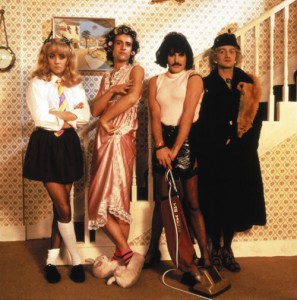
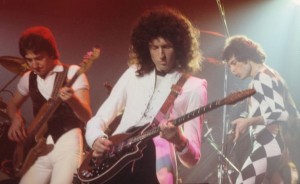
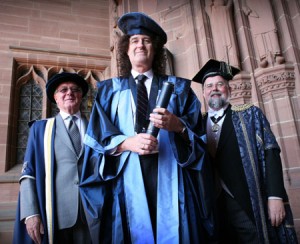

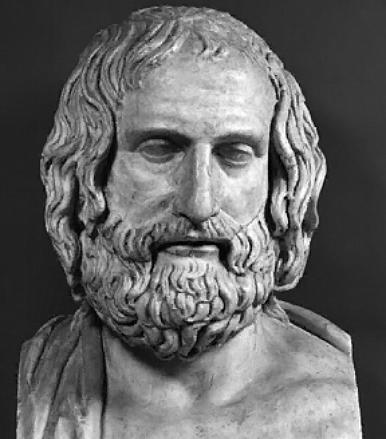



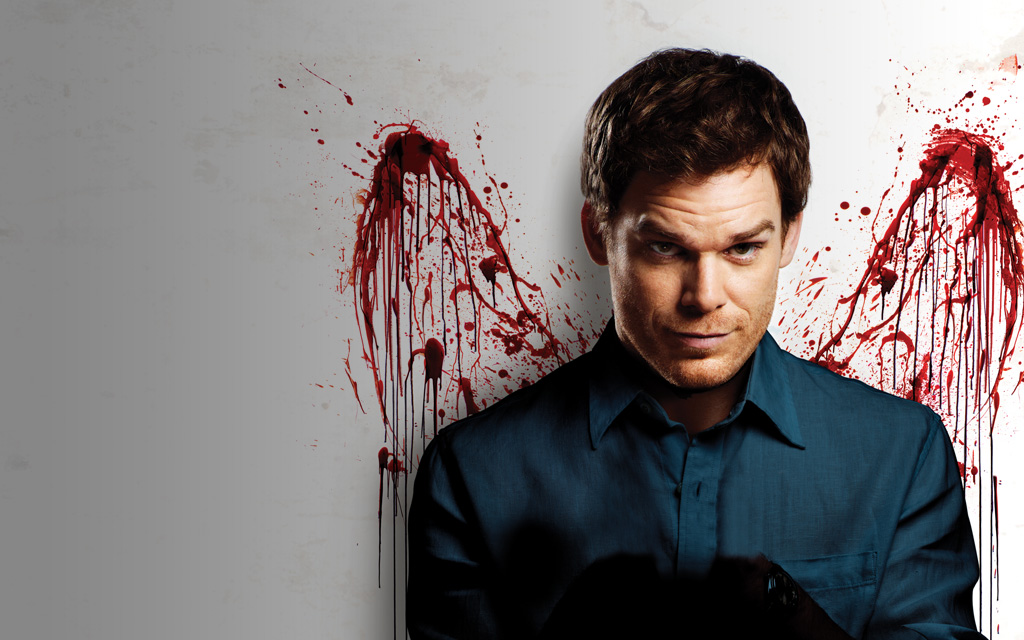 That miniseries Spartacus? Perhaps you're more of a feature length film type person then. Well, American Psycho's on Netflix now as well as Tucker and Dale vs Evil
That miniseries Spartacus? Perhaps you're more of a feature length film type person then. Well, American Psycho's on Netflix now as well as Tucker and Dale vs Evil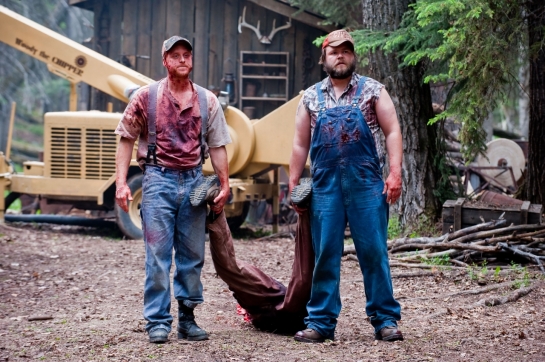 (no one said blood can't be hilarious). Even theaters have taken up the trend so that productions of Titus Andronicus, for example, may resemble more of a Holi celebration where all the colors have been replaced with red. We know, it's disappointing the deaths aren't real, but thank goodness the buckets and buckets of specialized blood more than make up for it.
(no one said blood can't be hilarious). Even theaters have taken up the trend so that productions of Titus Andronicus, for example, may resemble more of a Holi celebration where all the colors have been replaced with red. We know, it's disappointing the deaths aren't real, but thank goodness the buckets and buckets of specialized blood more than make up for it.
